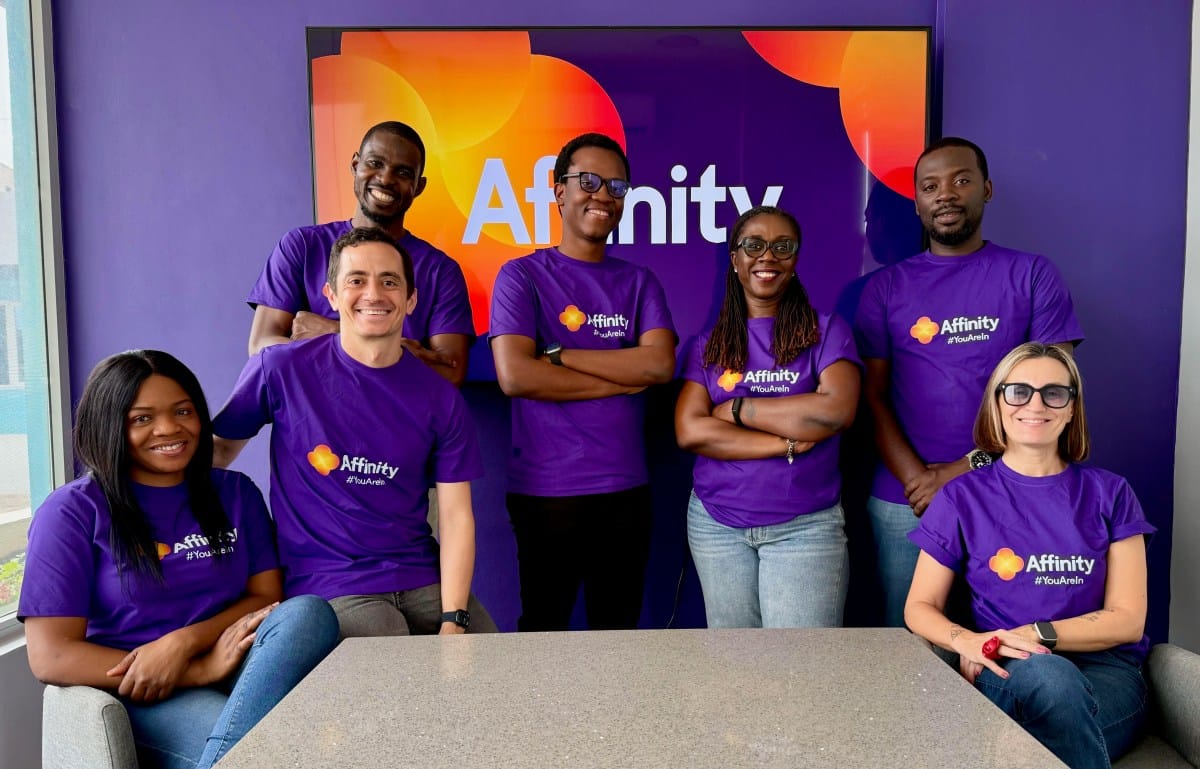Africa’s top digital banking platforms typically come from high-growth, populous markets like Nigeria, South Africa, and Egypt. But Affinity Africa, an upstart from Ghana, wants to join the conversation. The startup has raised $8 million in seed funding to expand its financial products further across the country, where mobile money is the dominant financial tool.While mobile money has become the go-to for financial transactions, the traditional banking sector in Ghana and Africa as a whole remains highly profitable. Since the pandemic, banks in Ghana have recorded growth with an after-tax return on equity (RoE) that exceeds the global average.However, these profits rely heavily on fees, while inefficiencies like high operational costs, extensive in-person paperwork, and long onboarding times have left millions underserved. Today, less than 10% of businesses in Africa have access to credit, and over 60% of adults lack formal financial services, per World Bank data. This growing gap has fueled demand for digital banking alternatives like Affinity, which offer a cheaper, more inclusive model.Affinity has onboarded over 50,000 customers since its launch last October, its founder and CEO Tarek Mougaine says. Notably, 65% of its users had never accessed formal banking products before, and over 60% are women working in the informal sector.So why has it taken this long for a digital banking upstart to gain such traction in Ghana? The country’s strict banking regulations play a big role. Unlike neighbouring Nigeria, where digital banks can easily operate with microfinance licenses, such licenses are rare, expensive and take time to get in Ghana, making it difficult for fintechs to enter the space.“Ghana’s regulator is focused on protecting consumers, especially in deposit-taking institutions,” Mougaine told TechCrunch. “We had to prove strong risk management, break even as a microfinance institution, and align our mission with the government’s goal of banking the unbanked. What ultimately convinced them was how our digital platform reduces friction and lowers banking costs for individuals and micro, small and medium enterprises (MSMEs.)”Mougaine, who comes from a fourth-generation Ghanaian family of Lebanese descent, studied in the U.K., earning a bachelor’s and master’s degree before launching his career in academia and finance. He later worked as a Director at Man Group, a $160 billion global investment fund. There, he worked on major IPOs, including Visa and Compartamos, Latin America’s largest microfinance institution.After returning to Ghana ten years ago, Mougaine looked to solve Africa’s financial inclusion problem, a challenge often highlighted in global consulting reports.“Numbers like Africa’s $331 billion credit gap are still being quoted today,” he said. “Nothing has really changed. That made me obsessed with building a full-fledged retail bank for MSMEs, similar to what Santander, Lloyds, or Chase Bank offer in

